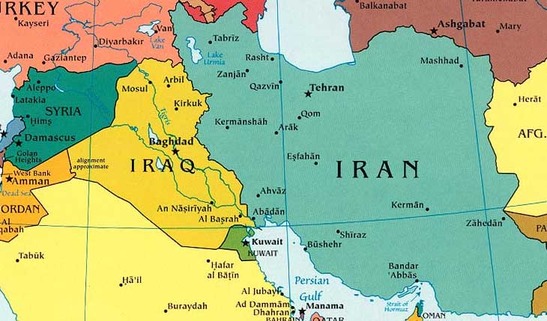
Addressing Iran's neighborly dalliances, Matthew Yglesias writes:
We were never going to be able to keep 100,000 soliders in Iraq forever. And by the same token, Iran canâ??t just leave the region and go be somewhere else. Some degree of Iranian influence is simply inevitable and always was.
Moreover, the fact that these two countries - both, just a quarter of a century ago, having been engaged in arguably the nastiest, bloodiest war in modern Mideast history - have come this far would normally be the stuff of historical praise; something akin to Europe's rise from warring rivals to peaceful partners. Their economic and religious ties have been well documented, and despite newly-elected Iraqi President and likely-PM-to-be Ayad Allawi's rhetoric, it's highly unlikely he'll do too much to shake the boat on Iraq-Iran relations.
This is why the horse race handicapping of which Shia factions are up or down in Iraq on any given day makes very little sense to me. One needn't know who the president of Iraq is, or whether or not "pro-Iran" political parties are influencing elections and government decisions, in order to measure Iranian influence inside Iraq. A globe or a good map should do the trick.
The problem with our thinking on Iranian influence in Iraq is we assume it to all be nefarious and cabal-esque, when in truth much of it is just geographic destiny. Iranian influence in Iraq is inevitable and - thanks in part to the United States - now expedited. There's no horse race to handicap in this case; that race was lost in 2003.
Iraq is indeed free now to choose its allies, and that's a good thing, right?











